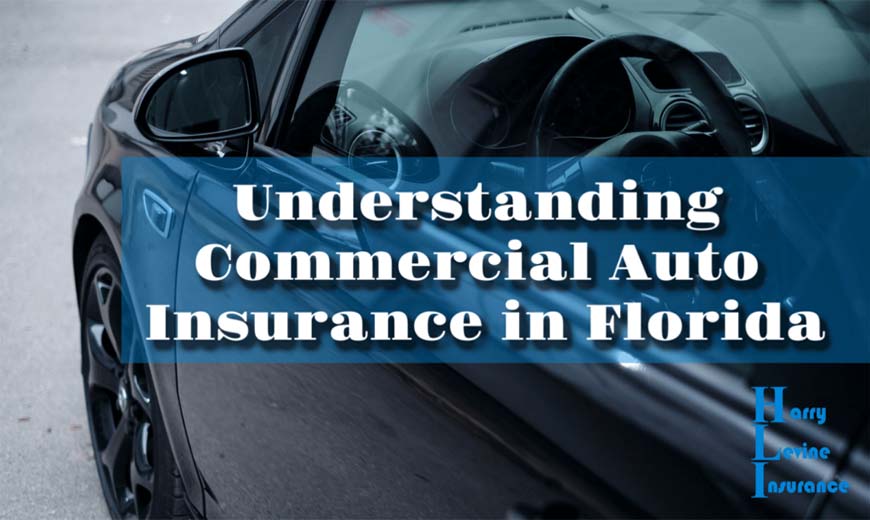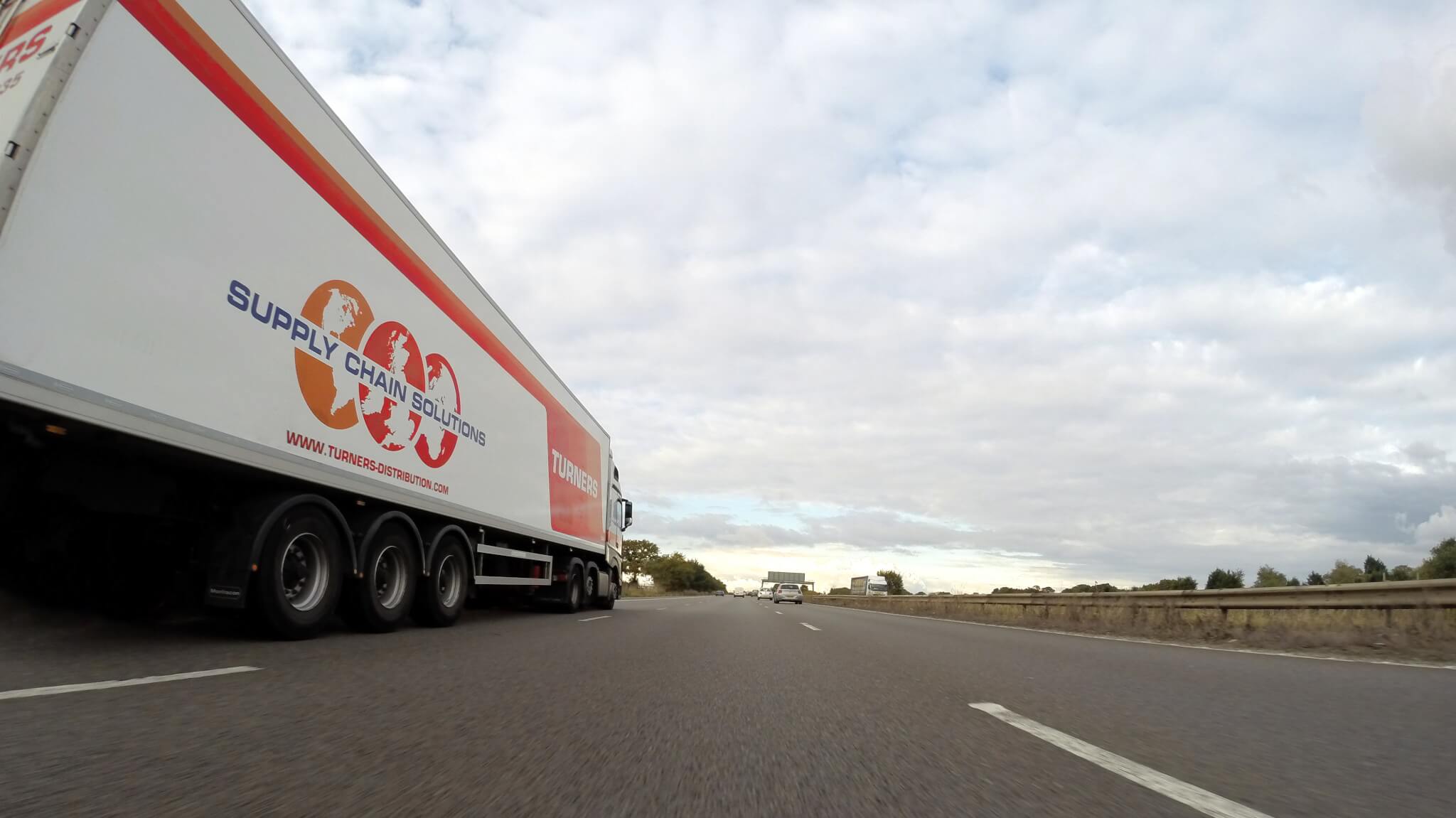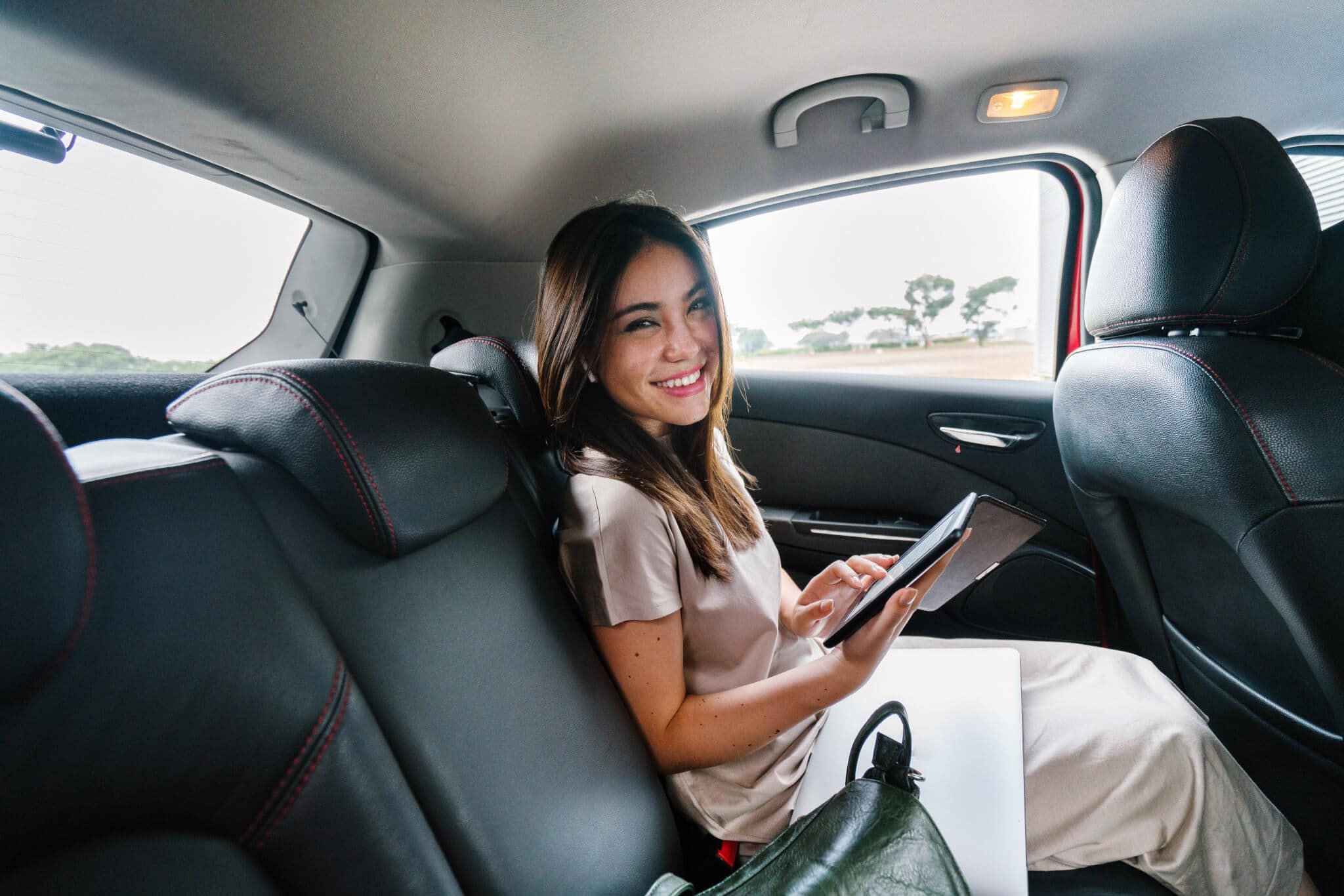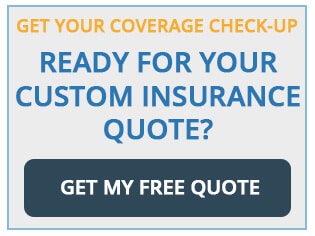As a business owner, you’ve heard about (or currently carry) a variety of different commercial insurance types, from worker’s comp to EPLI insurance.
But if you own (or want to start) a business that relies on any kind of vehicle, one type of insurance you can’t go without is commercial auto insurance.
What Is Commercial Auto Insurance?
Much like your personal car insurance policy, commercial auto insurance provides protection for any vehicle designated for business use.
This can be anything from commercial fleet insurance for your delivery trucks or commercial trucking insurance for an 18-wheeler, but any vehicle can be designated as a commercial vehicle.
It’s a common misnomer that commercial auto insurance is solely used for the trucking industry. Commercial trucking insurance does cover different types of trucks, truck drivers, and the trucking industry as a whole. However, there’s more to commercial auto coverages than just trucking liability insurance.
For example, if you’re using any vehicle for business purposes and that vehicle is involved in an accident, it should be covered under business auto insurance. Included in this list are:
- cars
- cargo vans
- utility trucks
- 18-wheelers
- food trucks
- limos
- taxis
Commercial auto insurance can cover owned vehicles as well as rented, leased, or hired ones, and you can also get business auto insurance for any work equipment, employees, or passengers inside the vehicle or even protection for your business in the event of a lawsuit.
Simply put, if you need your car in order to do your job, you probably need commercial vehicle insurance in Florida.
Can’t I Just Use My Personal Car Insurance Policy?
Sorry, no.
Any vehicle on the road is open to risk (that’s why you have insurance!), but business vehicles carry far more risk than your personal car, as they are out on the road more frequently and likely contain valuable equipment (not to mention people). If involved in an accident, there may be physical damage or personal injuries that wouldn’t be covered by personal insurance.
Your personal auto insurance premiums weren’t written or priced for business use, so your insurer can deny any claims that occurred in the course of running your business or even refuse to carry you at all.
Withholding any business use from your personal car insurance provider amounts to insurance fraud and is one of the many reasons that insurance companies raise premiums across the board.
The good news is that your commercial auto premiums (as well as the cost of owning the vehicle) are tax deductible.
“Business Use” Policies
If you use your personal car for occasional small business use, your personal auto insurance policy may cover you, as long as you divulge this information when you purchase the policy.
For instance, a realtor who uses the same vehicle to pick up groceries as they do to take clients to a property would likely qualify for a personal policy that covers some “business use.”
Operating costs would be tax-deductible as well, but only a portion, since the car is not used solely or primarily for business. Before you update your policy, however, speak to your independent insurance agent to see what type of coverage is best for you.
Does Commercial Auto Insurance Cover My Employees?
That’s definitely an option.
If your employees will be driving a company car regularly in their line of work, you’ll need to list them as drivers on your commercial auto policy. If they don’t typically drive as part of their job description (but you need them to fill in and drop off paperwork to a client, for example), they would likely still be covered on your policy as a “permissive user.”
But what about you and/or your employees’ use of a personal vehicle for business purposes? This is where coverage gets a little less clear.
Employees commuting to and from work in their personal vehicles are not covered under your business auto insurance policy (even if they were picking up donuts for the office). This is because, although they were driving because of work, they weren’t driving while working.
A commercial auto insurance policy could kick in if they were using their personal vehicle for work purposes. An employee using her Mustang to deliver pizza, for example, would likely not be covered by her personal auto insurance if she rear-ends someone during her Friday night delivery run. However, if her employer had physical damage coverage for hired and non-owned (that is, not owned by the company) vehicles, the commercial policy would likely cover the damage to the delivery driver’s car.
But before you tell your employees they’re covered no matter what, talk to your independent insurance agent. Most business owners don’t have Non-Owned Physical Damage coverage, so the employee would be responsible for the damage herself. In these cases, your commercial auto policy protects the business’ financial interest, not the employees’.
How Much Commercial Auto Insurance Coverage Do I Need?
Just as with your personal auto policy, commercial auto insurance in Florida requires a minimum amount of coverage:
- $10,000 of Personal Injury Protection (PIP) and
- $10,000 of property damage liability.
(Please note that this is just the legal requirement. It doesn’t even begin to address what you might actually need!)
Beyond this, there are several optional riders and/or floaters that can help build a more comprehensive network of coverage for your company vehicle(s).
- Bodily Injury Liability – Covers physical injury to another person as well as legal expenses if the injured party sues your business.
- Property Damage Liability – Covers property damage to another person in the event your covered vehicle causes an accident (i.e. you hit someone’s mailbox). Property damage coverage can also be combined with bodily injury liability to make what is called Combined Single Limit.
- Uninsured Motorist Coverage – Covers the damage if you are in an accident with an uninsured, at-fault driver.
- Hired and Non-Owned Liability – Covers physical and property damage caused by a borrowed or rented vehicle being used for work purposes.
- Hired and Non-Owned Physical Damage – Covers physical damaged caused to a borrowed or rented vehicle being used for work purposes.
- Medical Payments – Covers medical costs to you or any injured passengers.
- Collision – Covers damage caused by colliding with another object or overturning.
- Comprehensive – Covers damage not caused by a collision or overturning. (Examples would be fire, theft, flooding, or wind.)
This is by no means a thorough list of your rider options; please speak to your insurance agent before you decide which coverage levels to add to your policy.
Car Insurance For Ride-Sharing Drivers
No one claims that you can make a living as a driver for a ride-sharing app (like Uber and Lyft), but it remains a popular side gig for anybody with a dependable car looking to make some extra cash.
Because of the many inherent risks of transporting a stranger in your vehicle for money, it’s important to understand how the insurance works before you sign up with one of these companies.
The most popular ridesharing platforms—Uber and Lyft—provide different levels of coverage based on the timeline of logging in to the app, finding a passenger, picking them up, and taking them to their destination.
- Period 0 (Logged Out, Not Working) – You would not be covered by a rideshare company if you are logged out of the app and going about your personal business; in this case, your personal auto policy would apply.
- Period 1 (Logged In, Not Working) – If you have logged into the app and are waiting for a passenger, Uber and Lyft provide limited coverage. Your personal auto policy won’t cover you unless you have purchased a rider to your existing policy.
- Period 2 & 3 (Picking Up the Passenger; Driving to the Destination) – Once you have accepted a ride and picked up your passenger, you are typically covered by the ride-sharing platform’s insurance. Coverage levels can vary between companies and often provide “contingent” coverage, meaning you would have to have a certain level of protection on your personal policy in order to receive coverage from the company.
Uber and Lyft both have coverage limits during Periods 1, 2, and 3, so this is hardly comprehensive protection. Your best option is to notify your personal auto insurer that you are driving for a ride-sharing app and speak to your insurance agent about your insurance options.
Some insurance companies offer ridesharing insurance to cover the gaps in coverage while the app is turned on or you can look into purchasing a commercial auto insurance policy. (This is different from gap insurance, however.)
Conclusion
Relying on your personal auto insurance policy to cover your business vehicle(s) is a costly—and possibly fraudulent—mistake.
Your livelihood requires reliable transportation to get to clients, haul work equipment, or carry passengers. Make sure you have adequate coverage for every eventuality that could affect your day-to-day operations by building a comprehensive commercial auto policy.
The best place to purchase commercial auto insurance in Florida is through an independent insurance agent. Independent agents are not tied to a single insurer, so they are able to get quotes from multiple companies to see which policy is the best deal for you. They can also advise you on the types of policies you might need based on your individual business. All at no additional cost to you!
Driving mishaps can be unpredictable. Don’t get caught on the road without the proper protections. Get your free commercial auto insurance quote today to make sure you and your employees are safe out there!











Comments (12)
Crystal Williams
November 14, 2023Do you service areas outside of Chicago.
Julie Levine
November 15, 2023Hi Crystal,
We focus on the state of Florida. There are some times where we might be able to assist someone who has a commercial exposure in another state, but Florida is specialty! Thank you!
Julie Levine
December 19, 2023Hi Crystal,
Florida is what we know and what we do best so we typically stick to just Florida. Thanks!
therese
September 6, 2022I have a business where I own a F-150 in MY NAME and not the business name. It is kept at the business and only used for the business. We have a 6×12 trailer attached to it to deliver merchandise to customers. I have the employees names on the commercial policy as drivers. Do I need to change the title of the F-150 OUT of my name and PUT it in the business name? I am wondering if there is a mva if the insurance will deny coverage even though it is a named vehicle on the policy just cuz it is in my name. Also, if there is a mva, can a plaintiff go after me personally since I am the titled owner of the F-150???
Julie Levine
September 7, 2022Hi Eileen,
Thank you so much for reaching out! In short, I would advise you to put the truck in the business name. It’s clearly a business use vehicle, without even mixed used (Personal/Business) from your description. With the title in your name – YES – you can be sued in the event of an incident. I would recommend that if you do not title the vehicle in the business name, at least make sure that you (your individual name) is listed as a NAMED INSURED on the COMMERCIAL AUTO policy that you have in-place. We’d be happy to work with you on this!
Thanks,
Jason Levine, MS, CPCU
My Auction Sheet
November 9, 2021You’re doing a great job Man, Keep it up.
Samantha
September 10, 2021Question about FL commercial vs personal: Company is offering a car for employee to use. However, the current company insurance carrier came back and denied the employee without an EXHORBITANT premium ($4k/mo!) based on previous accident history. Any ideas on how to add the driver/car at a lower rate so the employee can gain the company vehicle benefit?
Gary
May 17, 2021So I’m I correct in saying if your employee is on the road in his or her car working for minimum wage and get rear ended you carry no fault for your employees injuries and or car? So your employee is just out of luck and won’t get any help ,but I as the employer is fine and can’t be sued for or suffer any financial loss. Who really gets hurt here? The minimum wage employee.
Edward Williams
January 29, 2020What are some reason I can be denied from Commercial Insurance
Jason Levine
January 31, 2020Hi Edward,
There are a number things can affect your underwriting with different insurance companies. Is there something specific that you are worried about?
Thanks!